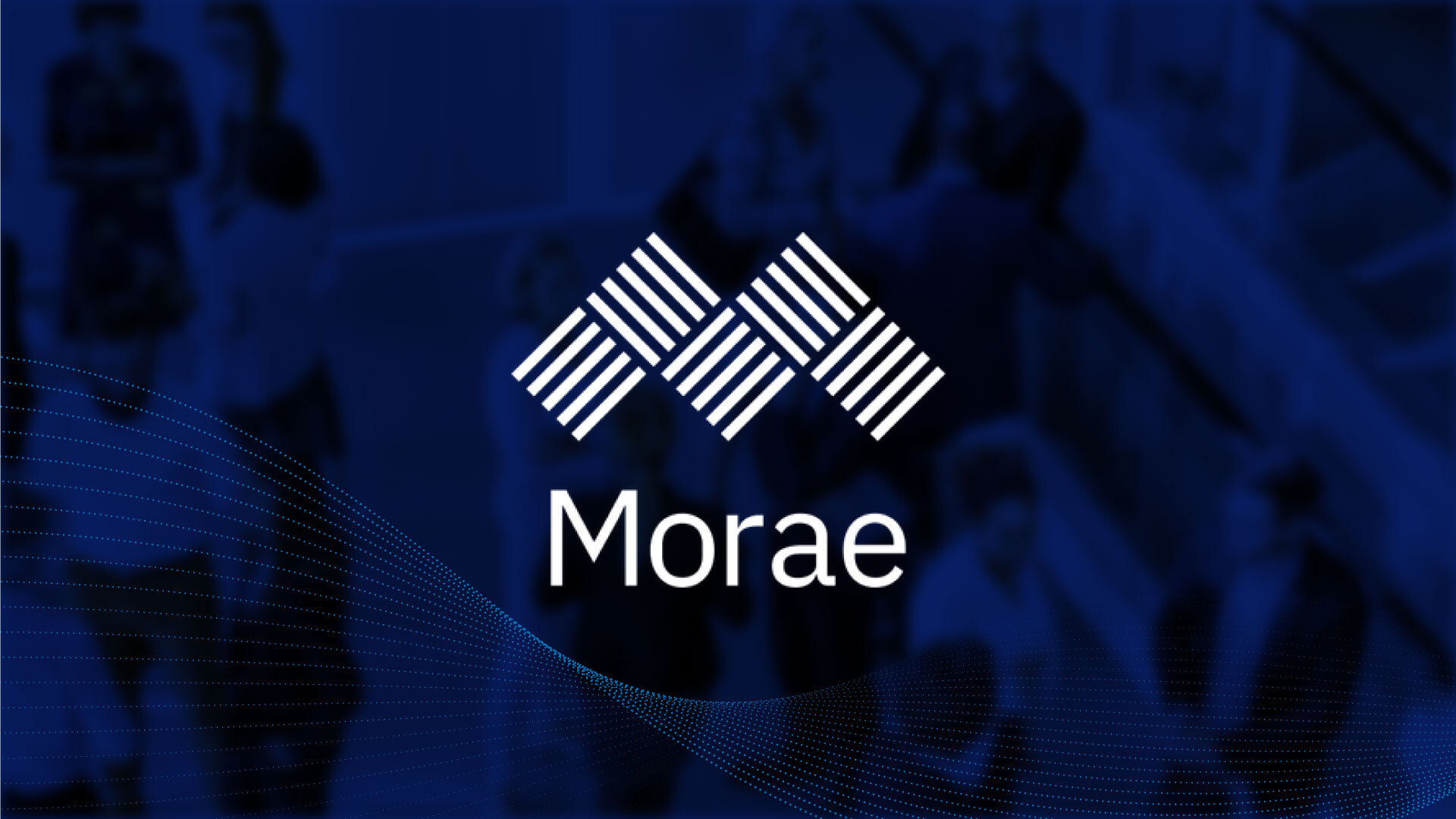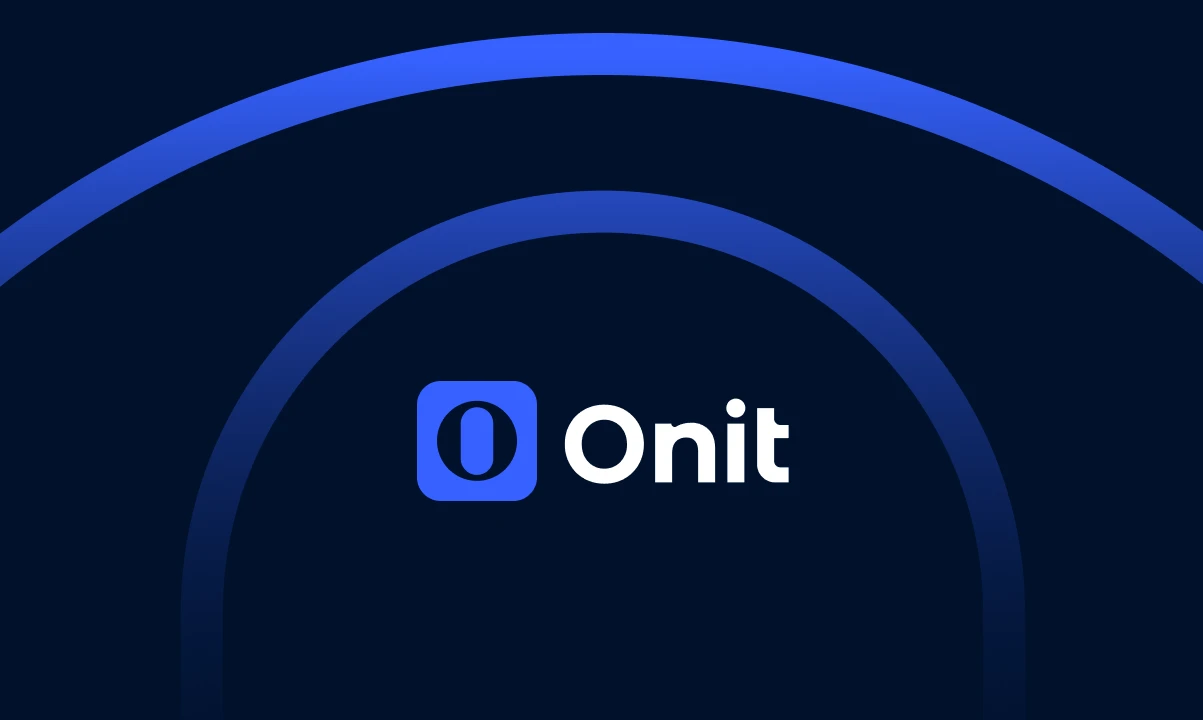Recently, Morae’s Managing Director Bret Baccus and Onit’s Senior VP of Strategy and Growth Brad Rogers sat down for a wide-ranging discussion (view the full webinar here). As part of the conversation, they spoke about DEI (Diversity, Equity, and Inclusion) efforts in the legal industry and how data-driven tools can help these efforts. Hear their thoughts on this issue in this edited excerpt.
DEI and Legal
BRAD: On the idea of DEI and the importance of its strategic alignment to the legal department and the company as a whole: How have you seen this strategy play out? How have you seen DEI, as a priority, be driven by legal departments?
BRET: I think DEI has always been an important initiative for a legal department, and that legal — as a whole — has been a key driver within corporations around DEI. I think something shifted in the vernacular in the dialogue around DEI after the George Floyd situation. That focus and resurgence in DEI efforts remains significant in all departments, with an even bigger shift in law firms around it.Best practices and opportunities
BRAD: What are the best practices and opportunities for others to leverage data to have an impact on DEI efforts?
BRET: Several things come to mind regarding data collection to drive DEI efforts, even beyond vendor management. First, are you collecting important data from your law firms? There are different applications to do it; having it and using it with your ELM is critical, but there are different third-party applications on the market to consider. Those can aggregate that data so it can get reported to you based on matters and your law firms without exposing some of the more confidential information to individuals working on cases.
The other thing more departments are putting into place now is Mansfield Tracking. This covers your internal processes — what are you doing with candidate tracking overall? What are you doing internally with candidate tracking, and are you looking at appropriately diverse candidates and profiles as you go through the interview process? Some clients of Onit’s use the IT application to help set up and manage the Mansfield process for organizations; that’s just an area where Onit’s application works very well with DEI.
Making an immediate impact
BRAD: An observation: there are certainly law firms out there challenged with the diversity issue and are certainly aware of it. I believe their heart is in the right place, and they’re taking concrete things to have an impact — but that impact is slow. The numbers don’t change much, year-over-year. That’s just kind of the reality of the situation; you’re looking at the numbers, and that’s not very fast-moving.
However, if you look at the teams you source at the matter level, that your law firm partner is sourcing for you and your lawyers, you can use that data to look at the team and make some immediate steps towards choosing diverse options. That’s an immediate impact.
BRET: I couldn’t agree with you more. I mentioned that a variety of applications out there have a great tracking option to deliver that insight. One of my favorites, for example, is the SimpleLegal product from the Onit family; it has a fantastic DEI interface that makes it so easy to do what you were talking about with managing and examining various law firms.
This sort of data-driven look allows you to get a fundamental understanding of what’s happening with diversity efforts on a matter-by-matter basis at different law firms. I head up our organization’s DEI council, and when you start looking, you begin to understand and know what firms are committed to these efforts. Reed Smith, for example, is one law firm at the forefront of DEI efforts, trying to shift what they’re doing and how they’re impacting communities.
A lot of organizations and firms are looking at the DEI topic, but — as you said — the meter is moving slowly. It’s very much a long-term effort, but the good news is that we’re seeing more and more organizations start to make a real commitment to this work.
Click here to view the entire conversation between Bret and Brad.




